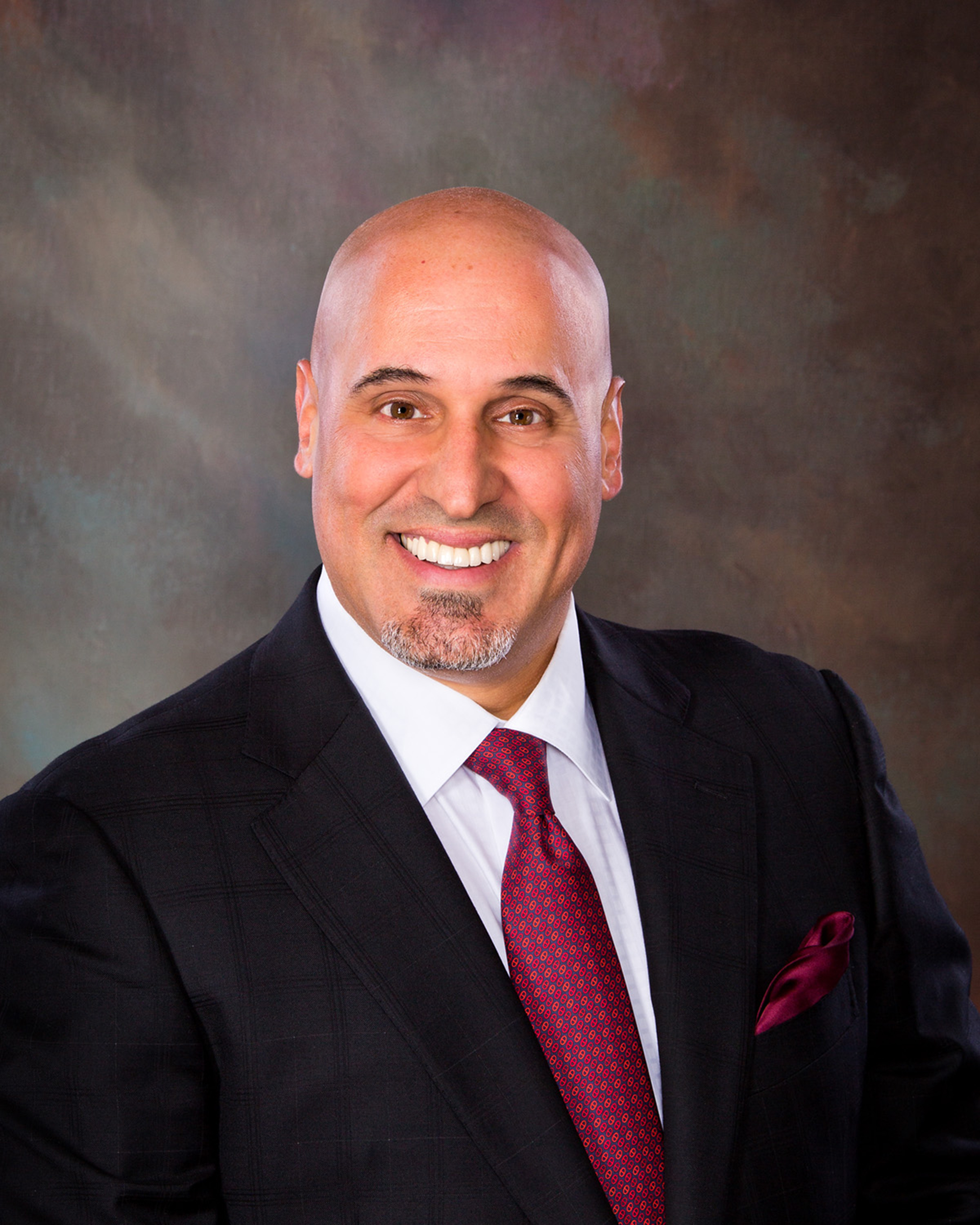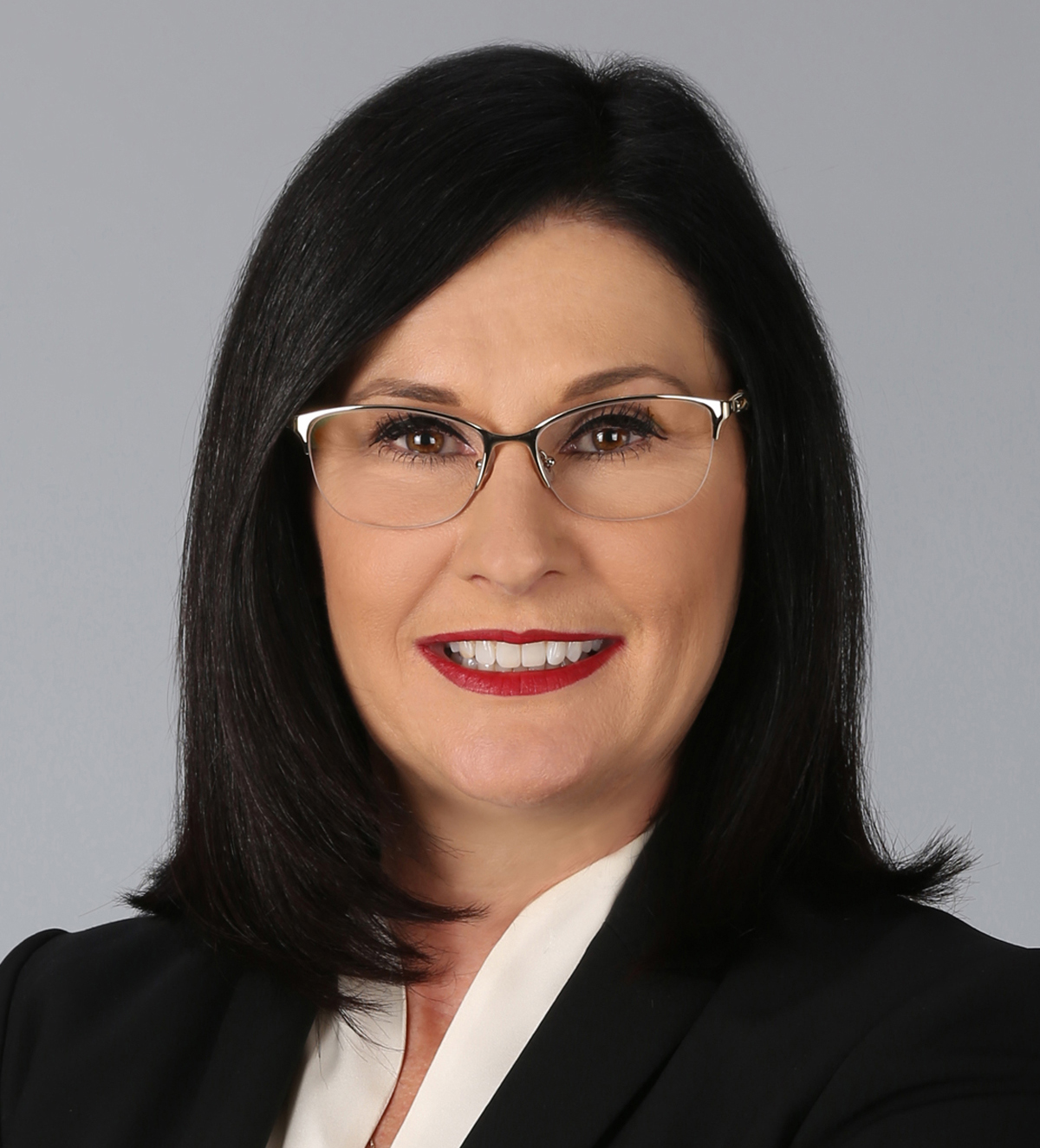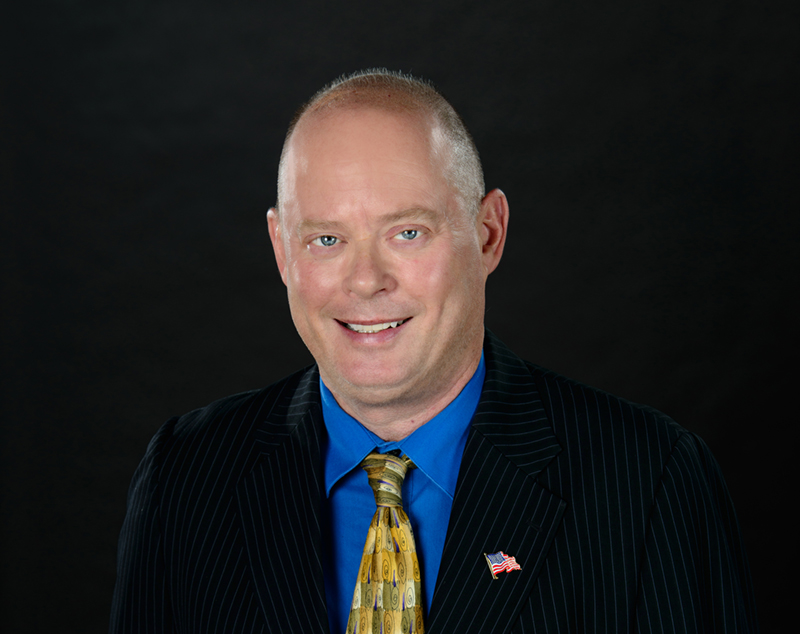[vc_row css_animation=”” row_type=”row” use_row_as_full_screen_section=”no” type=”full_width” angled_section=”no” text_align=”left” background_image_as_pattern=”without_pattern”][vc_column width=”2/3″][vc_column_text]
Hidden in the 2017 Tax Cuts and Jobs Acts is a program called the Investing in Opportunity Act, which can bring much needed investment to some of the nation’s distressed communities, including more than 100 locations in South Florida.
The program allows for investment in new businesses and in education, particularly charter schools and skills-training programs. It is gaining in popularity as a new real estate development program because investors can reinvest their eligible capital gains (no amount too small or too large) into recognized “opportunity zones”—economically distressed areas where investments can be eligible for tax benefits. The program provides two main tax incentives; it allows for the deferral of tax on capital gains invested and it excludes from gross income the post-acquisition gains on investment in qualified opportunity funds held long-term.
The investment can be passive or active depending on the investor’s ability to locate, identify and execute an opportunity zone project. Investors have the ability to pool their money with other investors in an opportunity fund.
“Many investors are willing to provide the capital, but lack the wherewithal to locate and execute investment opportunities in communities that need it,” says the Economic Innovation Group, a Washington, D.C.-based policy and advocacy organization dedicated to empowering entrepreneurs and investors to energize the U.S. economy.
How do you get started? Familiarize yourself with following and how they work together to stimulate investment.
Qualified Opportunity Zone
QOZs help revitalize distressed communities and create jobs. States were required to submit nominations for low-income communities to the U.S. Treasury secretary by April 20, for certification. Based on current legislation, all QOZs that were designated by the June 18 deadline must terminate no later than Dec. 31, 2028.
The list of QOZs, which includes more than 100 locations in South Florida, can be found at www.irs.gov/pub/irs-irbs/irb18-28.pdf.
Qualified Opportunity Fund
QOFs are organized for the sole purpose of investing in a QOZ business. The fund can be a set up as a corporation or partnership for tax purposes to self-certify as a QOF. The investor receives either stock or an interest in the fund. The QOF must hold at least 90 percent of its assets in a QOZ property. There is no cap on the amount of money that can be invested in QOFs.
A QOF can provide deferral of capital gains, a possible reduction of the amount of gain realized through a basis adjustment, a possible permanent exclusion of gain on the appreciation for the interest in a QOF, and QOFs are self-certified by completing and attaching a form to their tax returns in the year they are established. (As of deadline for this issue, we were still awaiting issuance of the IRS form.)
Real estate developers can establish a fund in order to generate third-party investment capital for their projects and use their fund to defer tax on the sale of capital assets. In addition, by investing the gain in a QOF, they will be paying less in taxes.
Passive investors benefit from deferral of tax payments on recognized gains for up to eight years with up to a 15-percent gain reduction and the possibility of avoiding any income tax on the QOZ investment if held for at least 10 years.
Qualified Opportunity Zone Property
This can include a QOZ tangible property acquired in 2018 or beyond, which is used in a QOZ business. Use of the property in the QOZ originates with the fund, or the fund substantially improves the property. It can also include QOZ stock or a QOZ partnership interest.
Qualified Opportunity Zone Business
A QOZ business is defined as a trade or business in which:
• At least 70 percent of its tangible property, owned or leased, is a QOZ business property.
• At least 50 percent of its total gross income is derived from the active conduct of its business.
• A substantial portion of its intangible property is used in the active conduct of its business.
• Less than 5 percent of its property is nonqualified financial property.
• No portion of its proceeds is used to provide (including the provision of land for) any private or commercial golf course, country club, massage parlor, hot tub facility, suntan facility, racetrack or other facility used for gambling, or any store of which the principal business is the sale of alcoholic beverages for consumption off premises.
Lou Fuoco is a certified public accountant and CEO of The Fuoco Group, which offers accounting and tax services, financial planning, wealth management, exit planning, income and estate tax planning, retirement planning, risk management and commercial lending. He can be reached at 561.209.1101 or lfuoco@fuoco.com.↵
[/vc_column_text][/vc_column][vc_column width=”1/3″][/vc_column][/vc_row]











